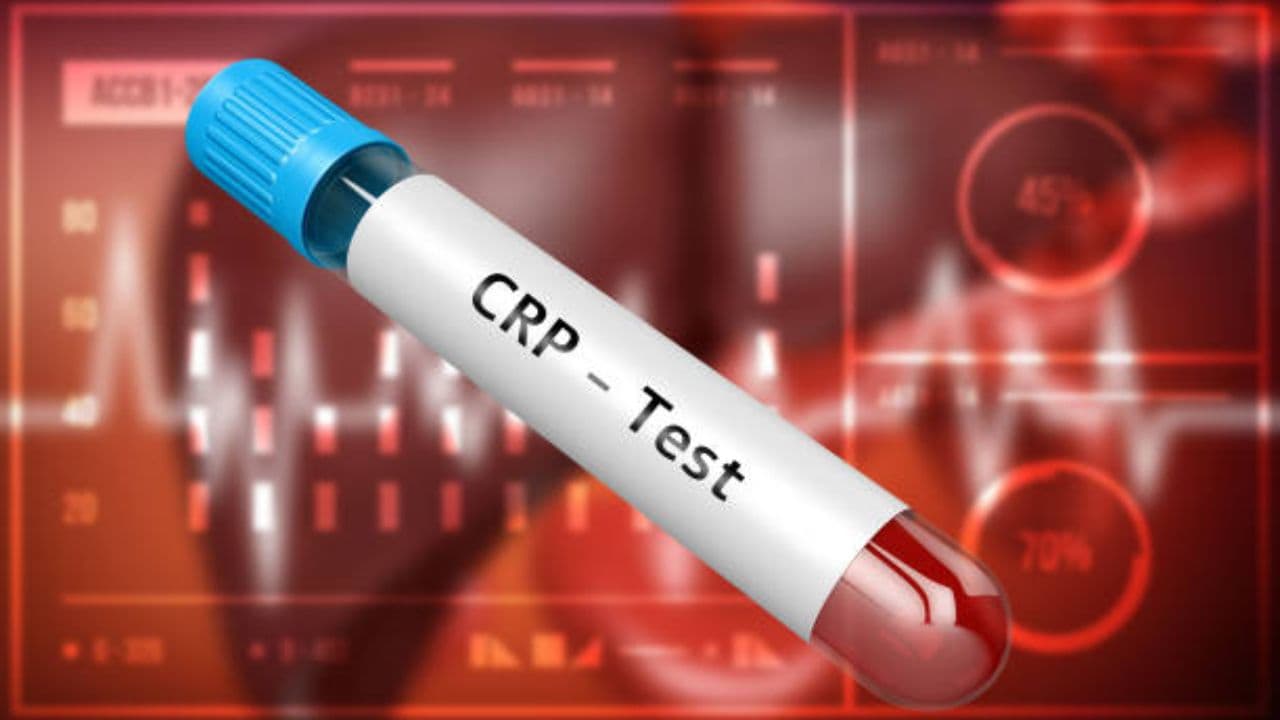CRP Test: Doctors often recommend tests to detect the disease, out of which there are many such tests, about which not everyone knows what it means and why it is being done. One of these is CRP test, which is one of the important tests.
What is CRP Test: Any test recommended by a doctor is to detect disease or infection in our body. There are many such tests, about which common people do not know what they are and why the doctor has asked us to get them done. Today we will learn about one such test, which is very common, but we do not know about it. When there is inflammation or infection anywhere in our body, our body produces a special protein called C-reactive protein (CRP) in response. This protein is prepared in the liver and its quantity increases in the blood. CRP test measures the level of this protein, which shows whether there is inflammation or infection happening anywhere inside the body. From heart disease to arthritis and even some autoimmune disorders, the test reveals many serious diseases.
Role of CRP test in heart related diseases
Inflammation plays a big role in heart diseases. If inflammation persists in the body, it can damage the heart’s arteries and increase the risk of atherosclerosis (fat accumulation in the arteries). The CRP test shows how high the risk of heart disease is.
If your CRP level is consistently above 3 mg/L, it could be a sign of a heart attack or stroke. Therefore, doctors often recommend getting high-sensitivity CRP (hs-CRP) test done, so that the possibility of heart disease in future can be understood in time.
Read this also- Cancer Test: Beyond the age of 60? Don’t delay, these 5 tests can save you from the risk of cancer!
For joint swelling and arthritis
If you have pain, swelling or stiffness in joints, then CRP test is very important. In diseases like rheumatoid arthritis or lupus, the body’s immune system attacks itself, causing swelling and pain in the joints. The level of CRP increases in these diseases and this shows how active the inflammation is. Through this, doctors are also able to understand whether the medicine is effective or not.
Read this also- Are you going to get a blood test done? Don’t make these 4 mistakes even by mistake
Identification of infection
If there is a bacterial or viral infection in the body, the CRP level may increase suddenly. CRP level can be high in diseases like pneumonia, sepsis, meningitis or TB. This test tells the doctor how serious the infection is and whether the treatment is effective or not. Generally, CRP increases more in bacterial infections whereas its level remains slightly lower in viral infections.
Autoimmune Disorders and Inflammatory Diseases
Many times the body’s immune system mistakenly starts attacking its own tissues. For example, in diseases like lupus, Crohn’s disease or ulcerative colitis, there is continuous inflammation. The CRP test helps to monitor the activity of these diseases and also to know when the disease is progressing or under control.
When should CRP test be done?
If you have persistent fever, fatigue, swelling, joint pain, or heart problems, your doctor may recommend getting a CRP test done. Apart from this, this test is also necessary for those people who have a history of heart disease in their family or who have high blood pressure, diabetes, obesity or smoking. Normally CRP level should be less than 10 mg/L. If it is more than this, there is a possibility of some disease or swelling, which needs to be investigated further.
